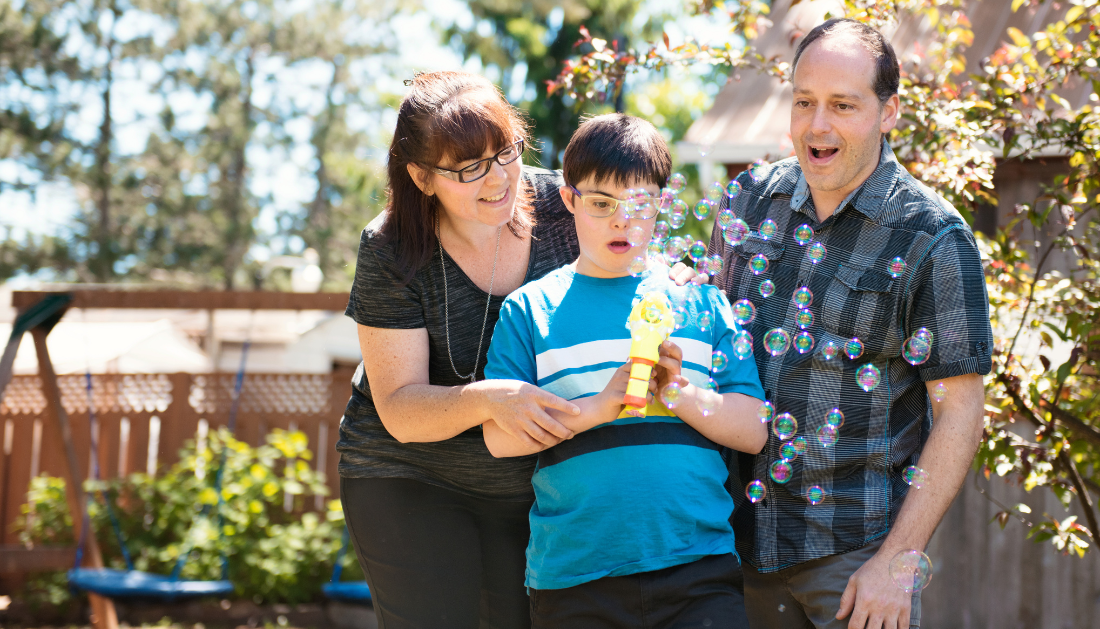

Children with Down syndrome are more likely to develop acute lymphoblastic leukemia (ALL) and have greater rates of relapse and treatment toxicity. In recent decades, new medicines have improved outcomes for the general population, but outcomes for children with Down syndrome have lagged and have not been documented for current treatment regimens.
A new report published in the Journal of Clinical Oncology by Baylor College of Medicine and Texas Children’s Cancer Center reviewed results of Children’s Oncology Group clinical trials from 2003 to 2019 and discovered that children with Down syndrome and ALL still have an increased rate of relapse and treatment-related mortality on modern treatment protocols when compared to children without Down syndrome. Researchers believe that novel, less toxic medicines will be required to enhance outcomes in this patient population.
The study compared the results of 743 patients with Down syndrome and ALL, the biggest cohort reported to date, to more than 20,000 ALL patients without Down syndrome. Patients with Down syndrome had a 7% poorer five-year overall survival than other patients.
Relapse and treatment-related death have traditionally been the leading causes of disparities in outcomes for children with Down syndrome. Researchers discovered that while contemporary medicines have reduced the increased chance of relapse, the risk of treatment-related mortality remains significant.
“Outcomes in childhood ALL have improved in large part because treatment has been intensified, which prevents relapse,” said Dr. Karen Rabin, corresponding author of the study, professor of pediatric hematology and oncology at Baylor and director of the Leukemia Program at Texas Children’s Cancer Center. “However, children with this developmental disability aren’t benefiting as much as other children because they experience a higher risk of life-threatening infection.”
Patients who have low white blood cell counts during treatment are more prone to infection. Children with Down syndrome also have more mouth sores, higher blood sugar levels, and seizures as a result of the chemotherapy. According to the researchers, this shows a need to evaluate various treatment techniques.
“Increased use of immunotherapeutic strategies, which are less toxic than chemotherapy, has been a revolutionary advance for all children with ALL, and children with Down syndrome especially stand to gain from this less toxic approach to treatment,” Rabin said in a statement.
more recommended stories
 Pediatric Crohn’s Disease Microbial Signature Identified
Pediatric Crohn’s Disease Microbial Signature IdentifiedKey Points at a Glance NYU.
 Nanovaccine Design Boosts Immune Attack on HPV Tumors
Nanovaccine Design Boosts Immune Attack on HPV TumorsKey Highlights Reconfiguring peptide orientation significantly.
 High-Fat Diets Cause Damage to Metabolic Health
High-Fat Diets Cause Damage to Metabolic HealthKey Points Takeaways High-fat and ketogenic.
 Acute Ischemic Stroke: New Evidence for Neuroprotection
Acute Ischemic Stroke: New Evidence for NeuroprotectionKey Highlights A Phase III clinical.
 Statins Rarely Cause Side Effects, Large Trials Show
Statins Rarely Cause Side Effects, Large Trials ShowKey Points at a Glance Large.
 Anxiety Reduction and Emotional Support on Social Media
Anxiety Reduction and Emotional Support on Social MediaKey Summary Anxiety commonly begins in.
 Liquid Biopsy Measures Epigenetic Instability in Cancer
Liquid Biopsy Measures Epigenetic Instability in CancerKey Takeaways Johns Hopkins researchers developed.
 Human Antibody Drug Response Prediction Gets an Upgrade
Human Antibody Drug Response Prediction Gets an UpgradeKey Takeaways A new humanized antibody.
 Pancreatic Cancer Research: Triple-Drug Therapy Success
Pancreatic Cancer Research: Triple-Drug Therapy SuccessKey Summary Spanish researchers report complete.
 Immune Cell Epigenome Links Genetics and Life Experience
Immune Cell Epigenome Links Genetics and Life ExperienceKey Takeaway Summary Immune cell responses.

Leave a Comment